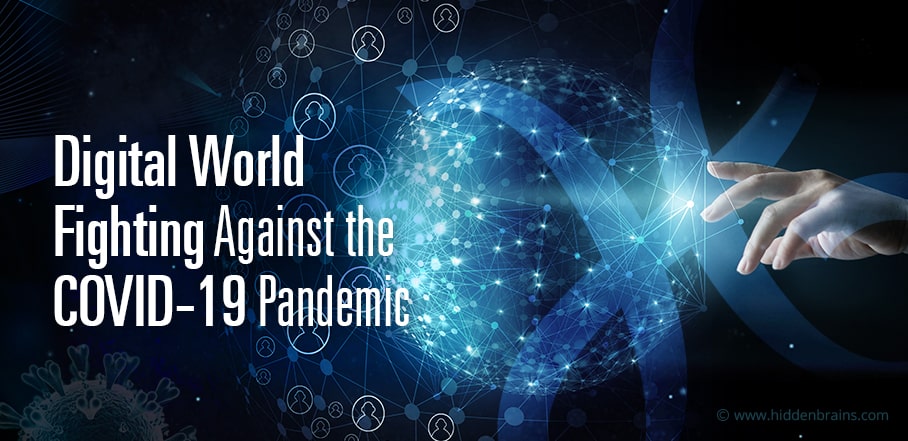When the year 2020 was near, we had planned for the start of an exciting decade in medicine and science. The anticipation was anchored in the development and maturation of several digital technologies that can be applied to tackle major clinical problems and diseases.
The digital technologies we are talking about here include the internet of things (IoT) with next-generation telecommunication networks like 5G, big-data analytics, artificial intelligence uses deep learning, and blockchain technology.
These technologies are highly interrelated: the penetration of the IoT in hospitals and clinics helps in the establishment of a sophisticatedly interconnected digital ecosystem, enabling real-time data collection at scale, which could further be put to use by AI and deep learning systems to better understand healthcare trends, model risk associations and predict outcomes based on the empirical data.
Further, the blockchain technology has the ability to enhance this by creating a back-linked database with cryptographic protocols and a network of distributed computers across various organizations, integrating p2p networks by making sure that data are copied in multiple physical locations, backed by state-of-the-art algorithms ensuring the data are secured but not untraceable.
Everything is interconnected and has the potential to enhance the other.
The present scenario
We are four months into 2020 and the world is facing an existential global health crisis: the outbreak of a novel coronavirus–caused respiratory disease (COVID-19). As we developed the knowledge of COVID-19, eventually it seems that with increasing evidence that it is less deadly than initially thought (3.4% Mortality Rate estimate by the World Health Organization), however it is more contagious (More than 2,500,000 total casesworldwide as of mid April).
The overall impact of COVID-19 will most probably be far greater than that of severe acute respiratory syndrome or SARS outbreak in 2003. Considering globalization and the relative importance of China in 2020 in terms of world trade and travel, the spread of Novel Coronavirus is faster than anticipated.
Now comes the question in picture, a rather important one which all of us have been asking. How can this global pandemic, the new crisis in 2020 be tackled? How does this outbreak differ from the SARS epidemic in 2003?
In order to weather this storm, many countries took the classic path of infection-control and public-health measures laid down by reputed organizations in order to contain the COVID-19 pandemic. The same methods were used to control the SARS outbreak back in 2003.
The methods of battling against this virus range from stringent quarantine measures in China to exhaustive and detailed contact tracing methods with hundreds of contact tracers that were carried out in Singapore, Hong Kong, South Korea etc.
But, these measures alone may not be effective in 2020 for tackling the scale of COVID-19.The question technology experts are asking is that, can new digital technology be used for COVID-19?
Let us explore the potential application of the interrelated digital technologies like IoT, big-data analytics, AI and blockchain in order to enhance the existing and most important public-health strategies for tackling COVID-19:
- Surveillance, monitoring, detection and prevention of COVID-19
- Mitigation of the impact to healthcare indirectly related to COVID-19.
#mobile development #blockchain #coronavirus #covid-19 #healthcare industry #iot #mobile app development
